 TV
TV « In Which Hannibal Contemplates An Aesthetic of Murder »
 Friday, March 21, 2014 at 10:35AM
Friday, March 21, 2014 at 10:35AM 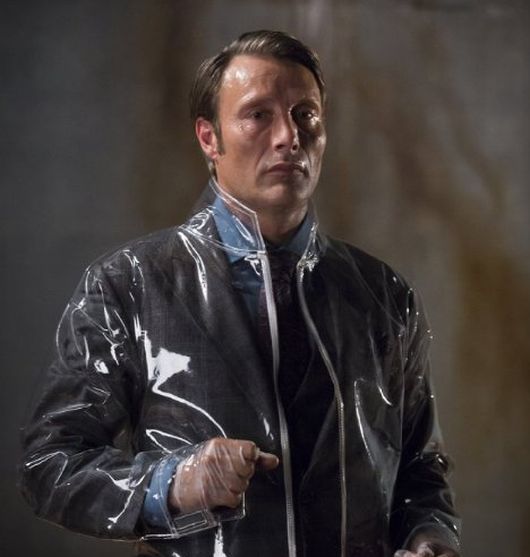
Consumer Society
by RACHEL SYKES
Hannibal
creator Bryan Fuller
The remarkable thing about Hannibal is that it should never have existed. Adapted from the fiction of Thomas Harris, whose novel Red Dragon originated the Hannibal myth in 1981, when the show premiered in 2013 it seemed like a redundant addition to an already exhausted format.
The compelling first season largely dismissed low expectations by focusing on the budding relationship between FBI investigator Will Graham (Hugh Dancy) and forensic psychiatrist Hannibal Lecter (Mads Mikkelsen) as they work to solve a number of highly disturbing murders. Indeed, their relationship upends the Hannibal canon by disturbing the viewer’s expectations of who the reliable narrator might be. Agents refer ambiguously to Will’s place on the “spectrum” yet the FBI continues to exploit his inability to judge social situations, to rely heavily on the paranormal levels of empathy that allow Will to visualise the ways in which a killer has worked simply by attending the crime scene.
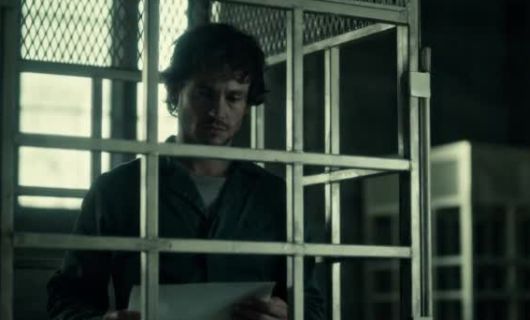
Of course, Hannibal still murders people and regularly feeds their limbs to his house guests in increasingly ambitious and experimental attempts at haute cuisine. But throughout the first season, it is equally clear that Will is unfit for FBI employment, that he struggles to function in society, to maintain personal relationships, and ultimately to switch off from the horrific crimes he is called on to solve.
The finale of Hannibal’s first season was particularly startling for the speed with which it motioned towards the future in which Will and Hannibal are mortal enemies. By the end of the episode, Will realises that Hannibal is the psychopathic murderer the viewer knows him to be and, just as quickly, Hannibal frames Will by planting the ear of one victim down his throat miraculously, and comically, intact. The finale also set the scene for a startling twist on the memory of Lecter as he will be in The Silence of the Lambs.
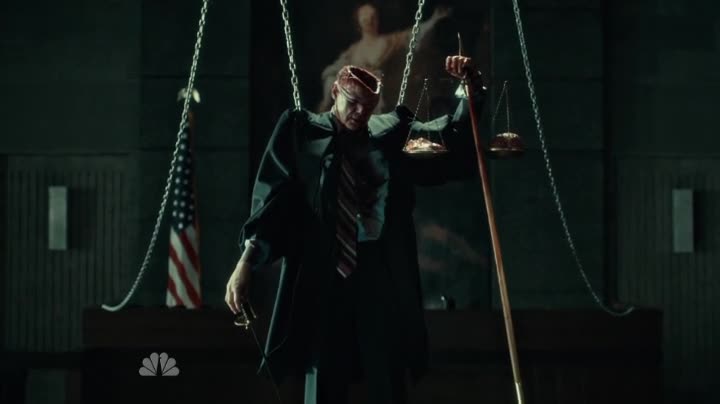
At the beginning of Hannibal’s second season, it is Will who wastes away in an archaic prison cell, waiting for his fate to be decided in an elaborate series of dystopian cages and ever decreasing scenes of grey. The bleakness of Will’s reality is then mirrored, if not parodied, by the FBI’s increasing involvement with Hannibal, who becomes central in aiding their investigations. Will can only escape his cell through the power of hallucinatory daydreams.
What’s interesting about Hannibal and its distinctive take on mass murder is its curious reach for objectivity. At times, the show comes close to stilted affectation because each character seems so consumed with the avoidance of emotion. With Hannibal, this process is self-explanatory - mass murderers pathologise the emotions of themselves and others in order to enact their gruesome tasks. But with others the absence of feeling spreads like a sickness and emanates from their involvement with Will and the crimes to which he lends his profiling acumen.
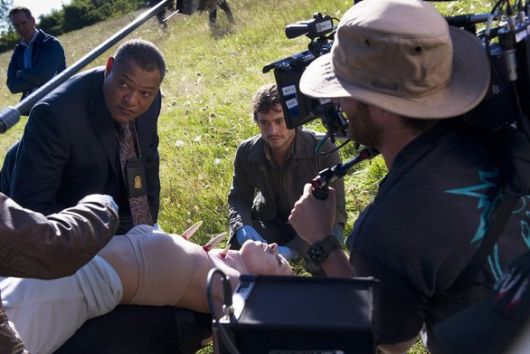
Similarly, show runner Bryan Fuller’s phantasmagoric approach frames the act of murder as a statement of aesthetics, troubling the idea that Hannibal is set in any reality we might know. None of the murders in Hannibal could be described as crimes of passion and motives are generally conceived aesthetically.
This variant of Harris’ text is disinterested, then, in serial killers as an absent threat or as a symbol of fear – if Hannibal, or any his contemporaries, want you dead then you will, very soon, be dead. Rather, the killings that occupy the center of each episode are statements on the nature of art and reality, on the aesthetic differences that colour our varied perceptions of the world. People are murdered in Hannibal, often graphically and without warning, not to induce fear or disgust in the viewer, but to show how people express and hide themselves in art and how the artistic process is at once creative and destructive, for the creator but also for the consumer.
Rachel Sykes is the senior contributor to This Recording. She is a writer living in Nottingham. You can find an archive of her writing on This Recording here. She tumbls here and twitters here. She last wrote in these pages about American Hustle.
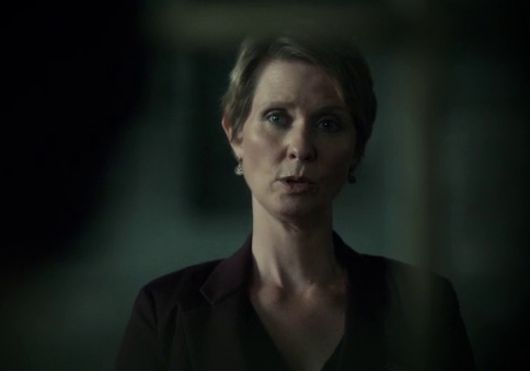
"Give" - Octo Octa ft. Raw Moans (mp3)
"Cause I Love You" - Octo Octa (mp3)
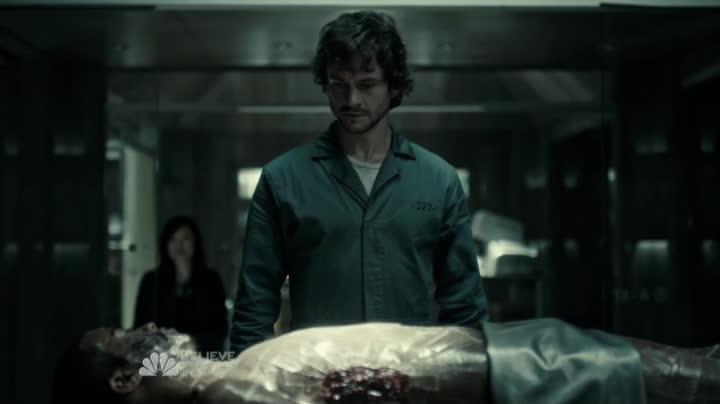
 hannibal,
hannibal,  rachel sykes
rachel sykes 





























Reader Comments